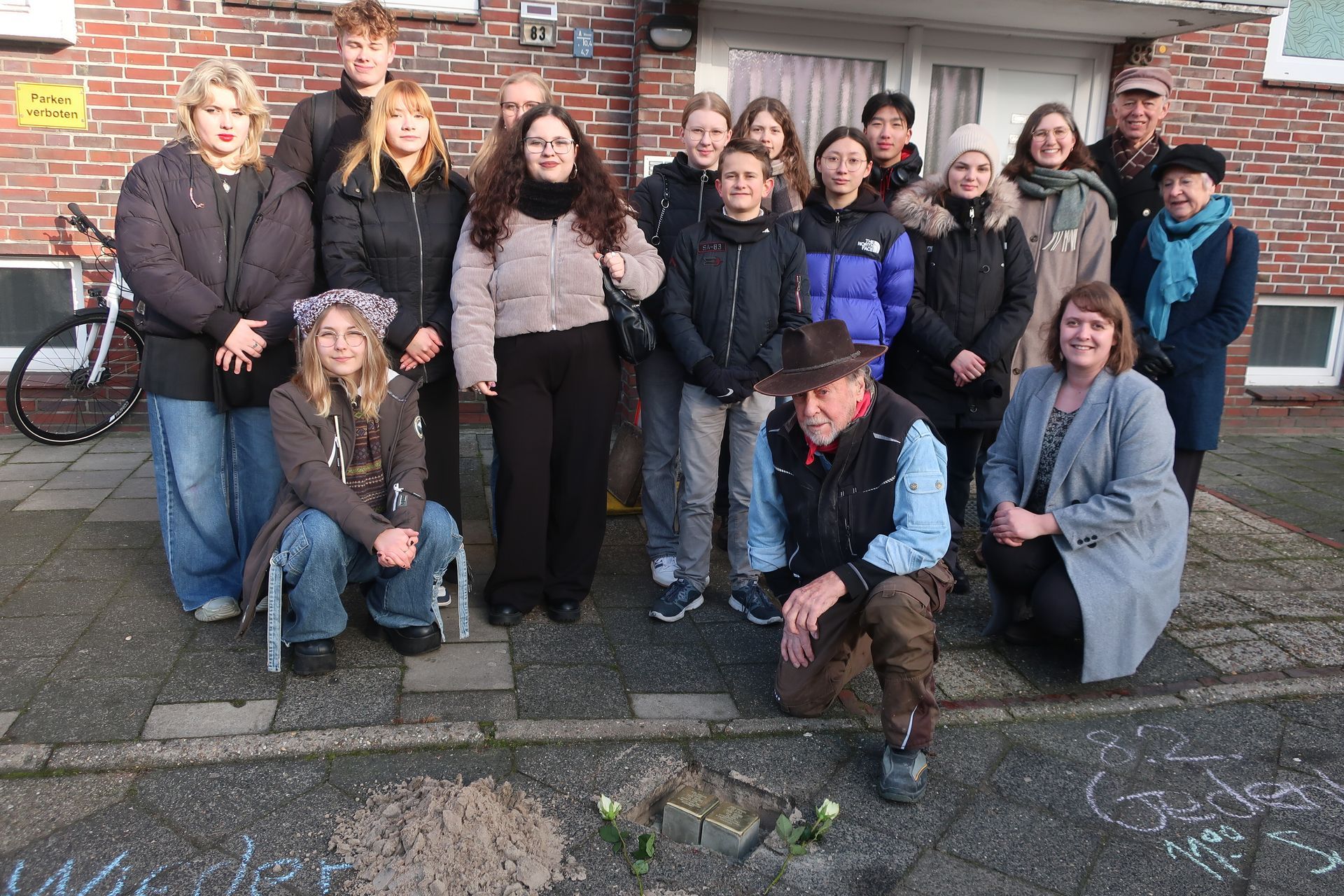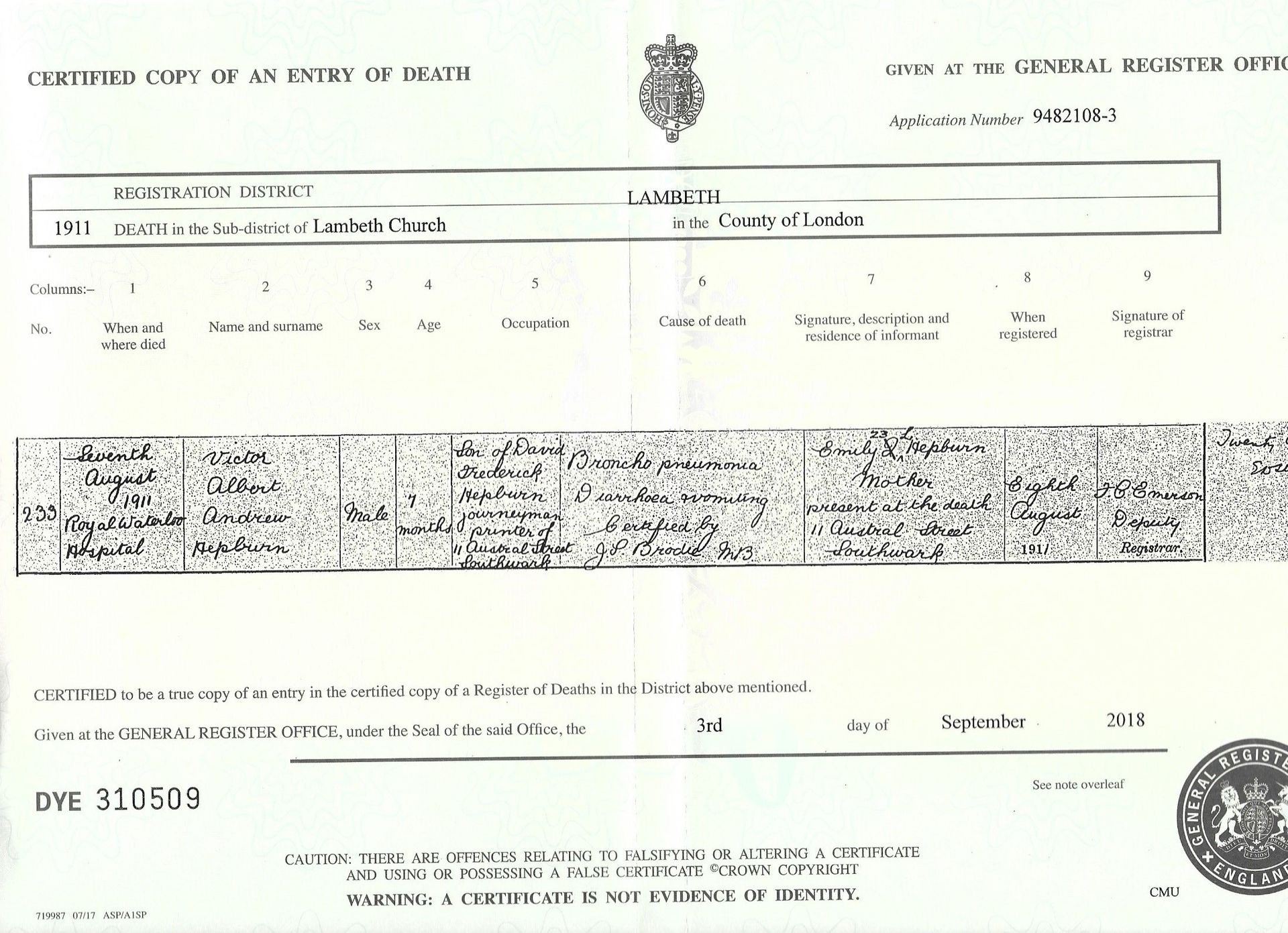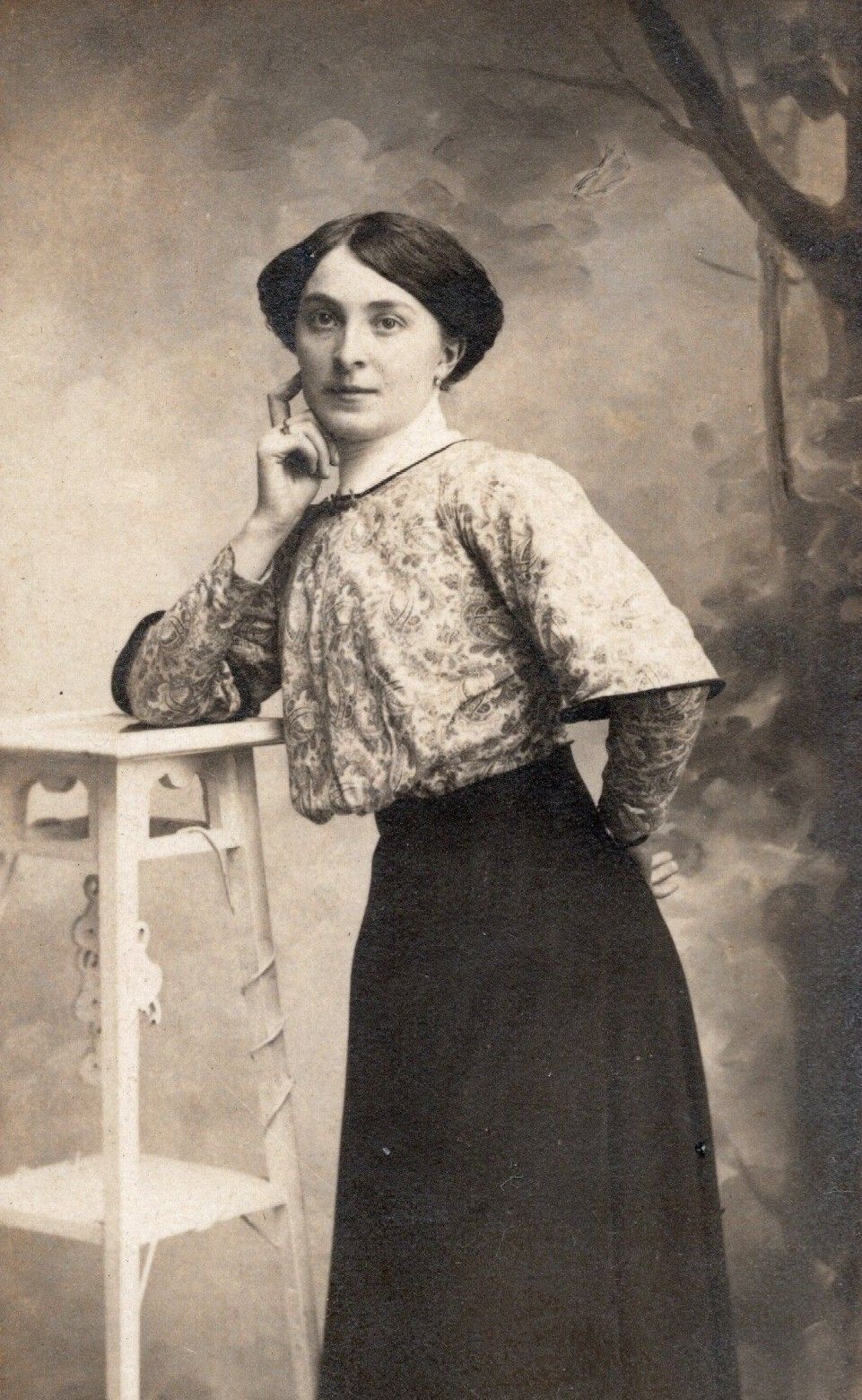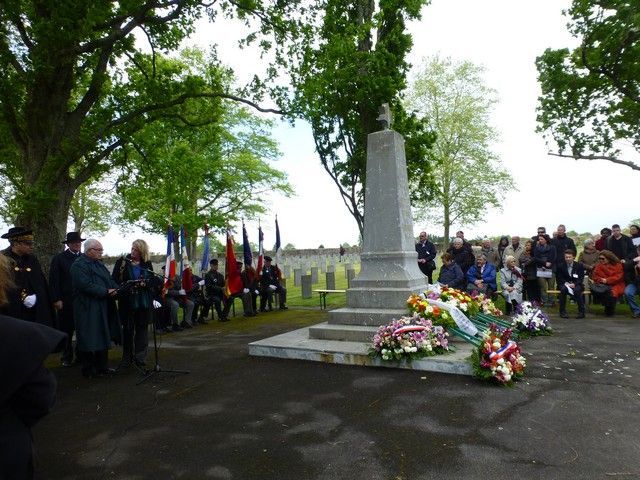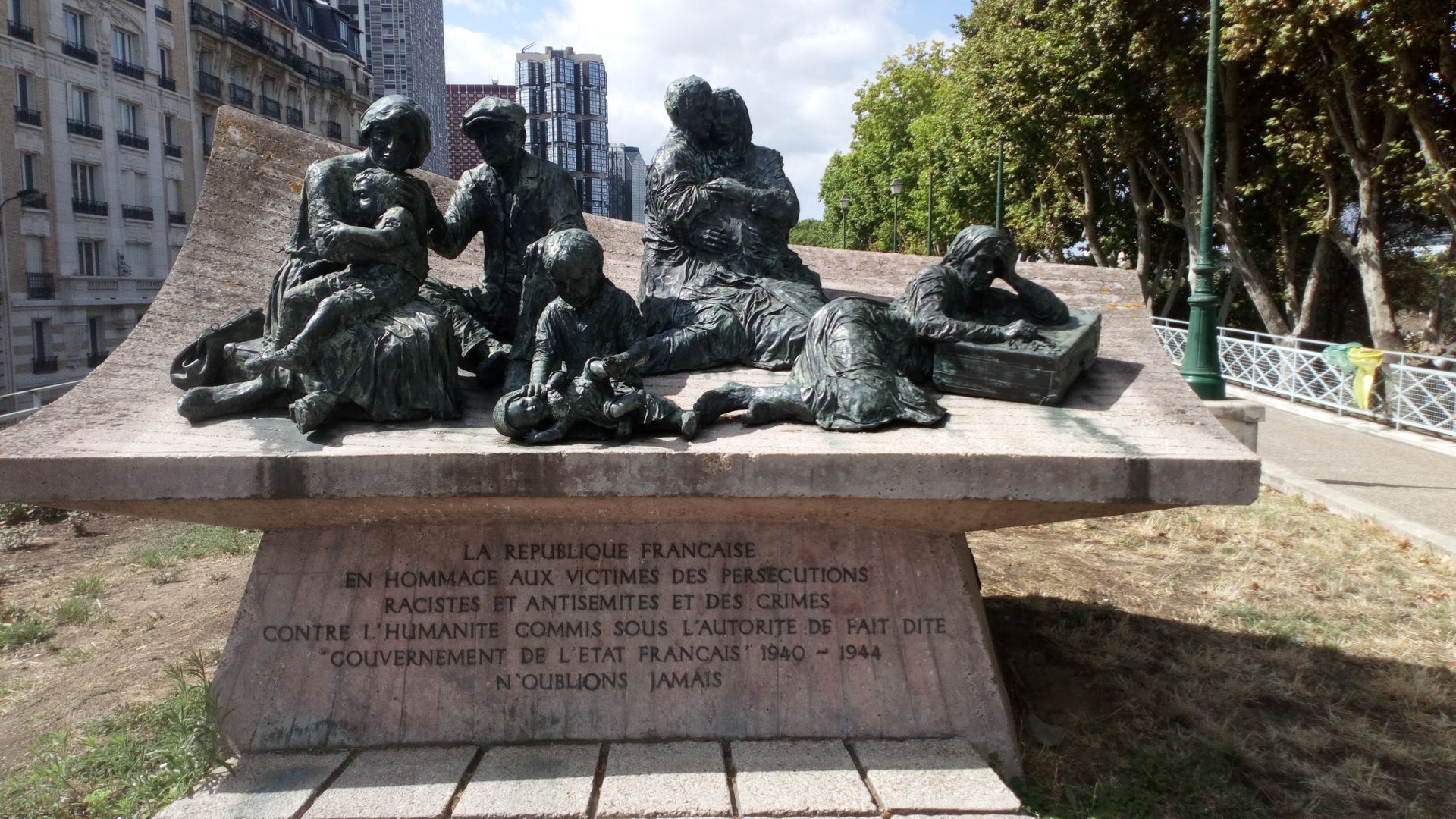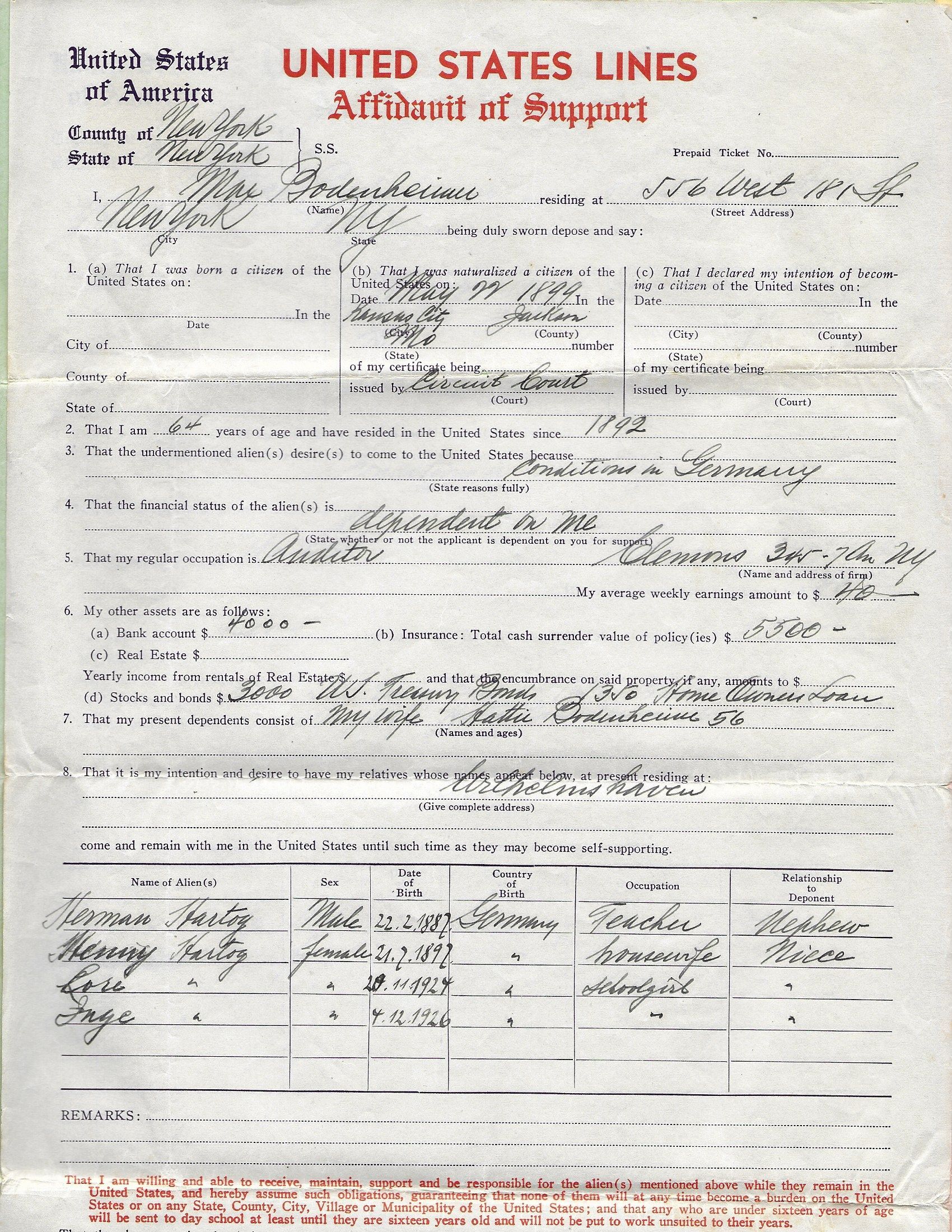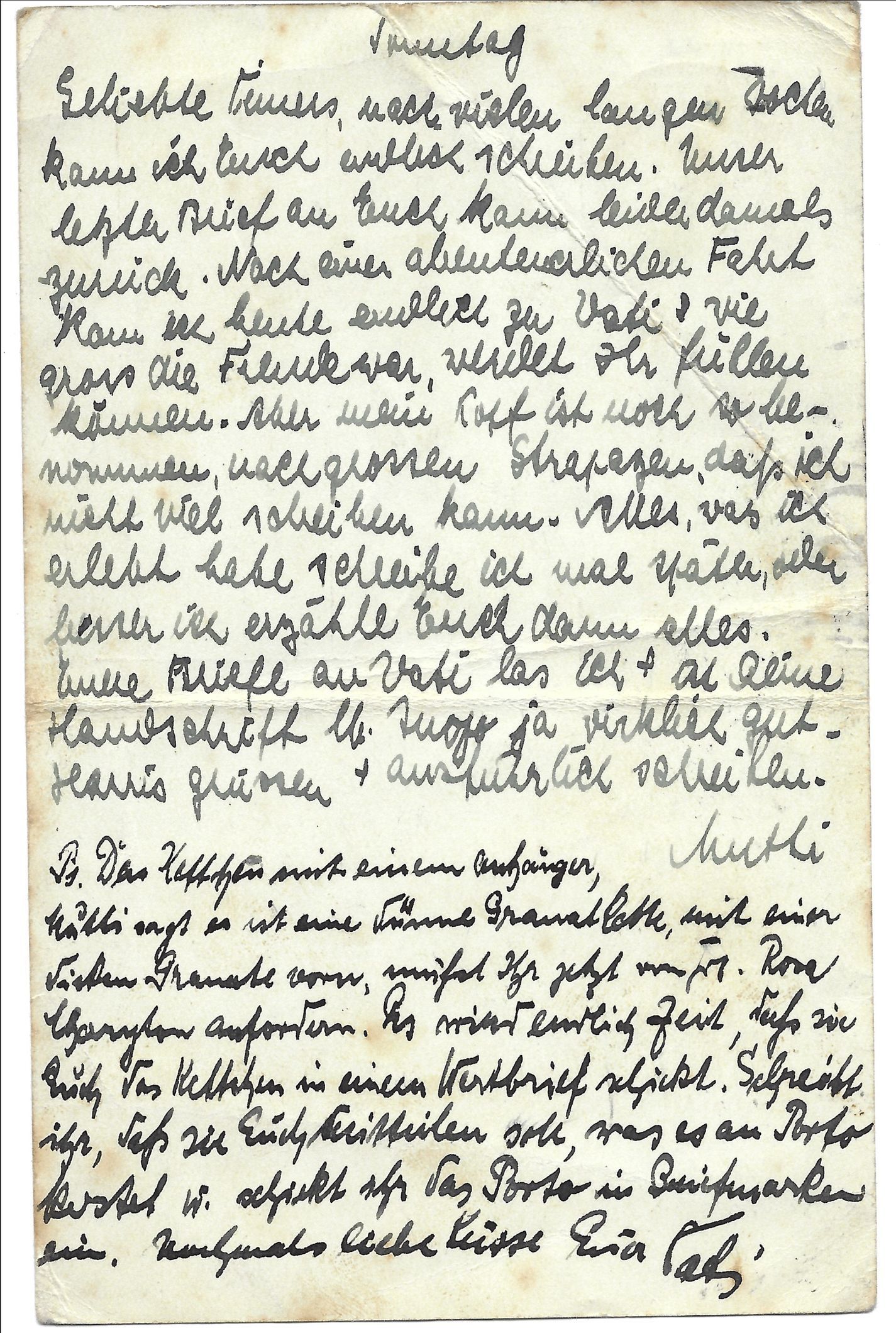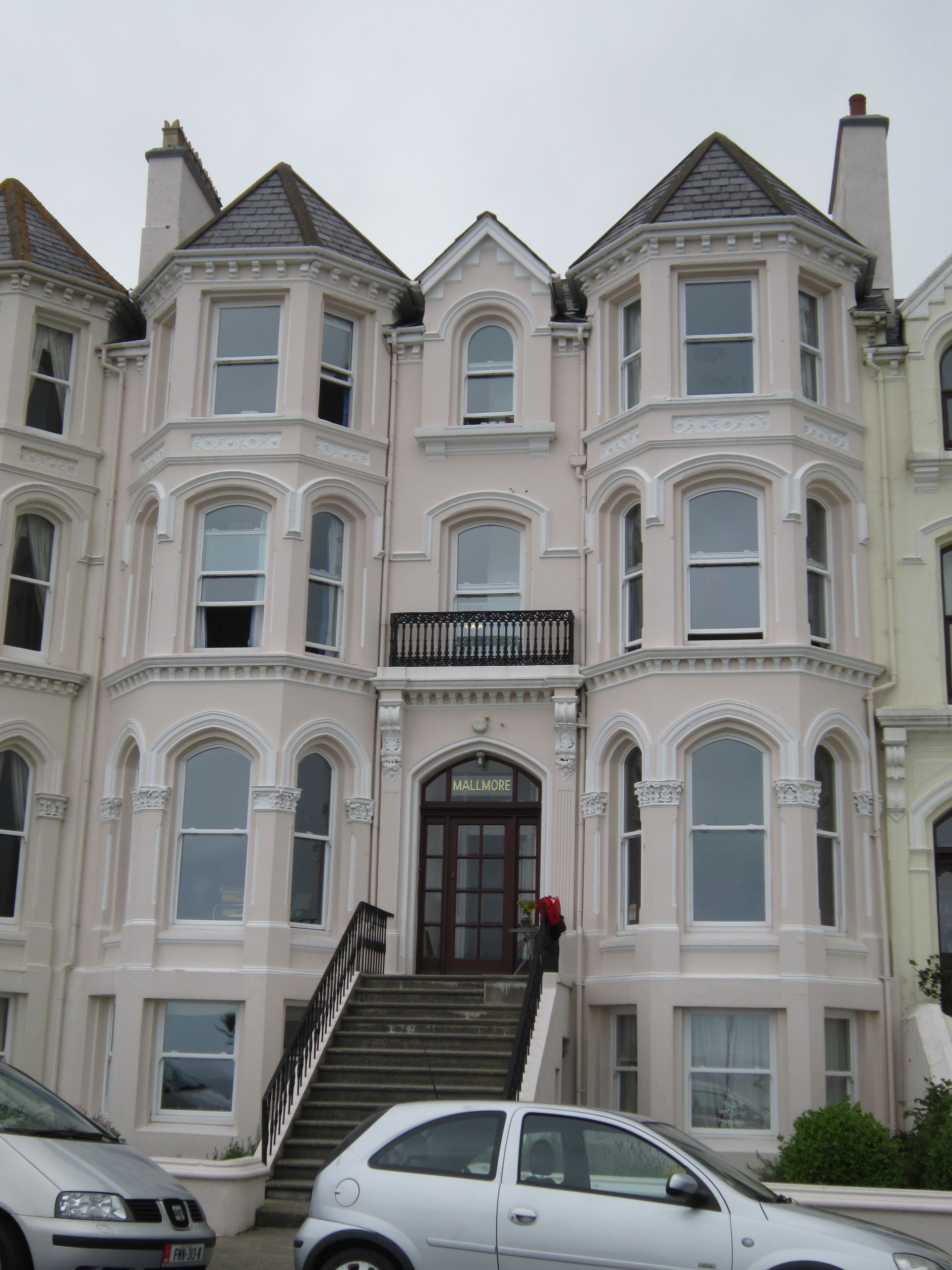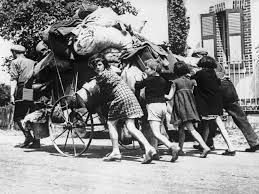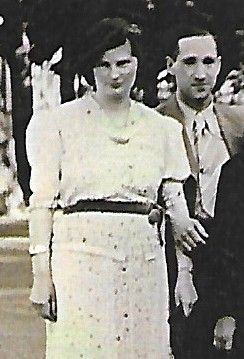'For a Better Future': Holocaust Memorial Day 2025
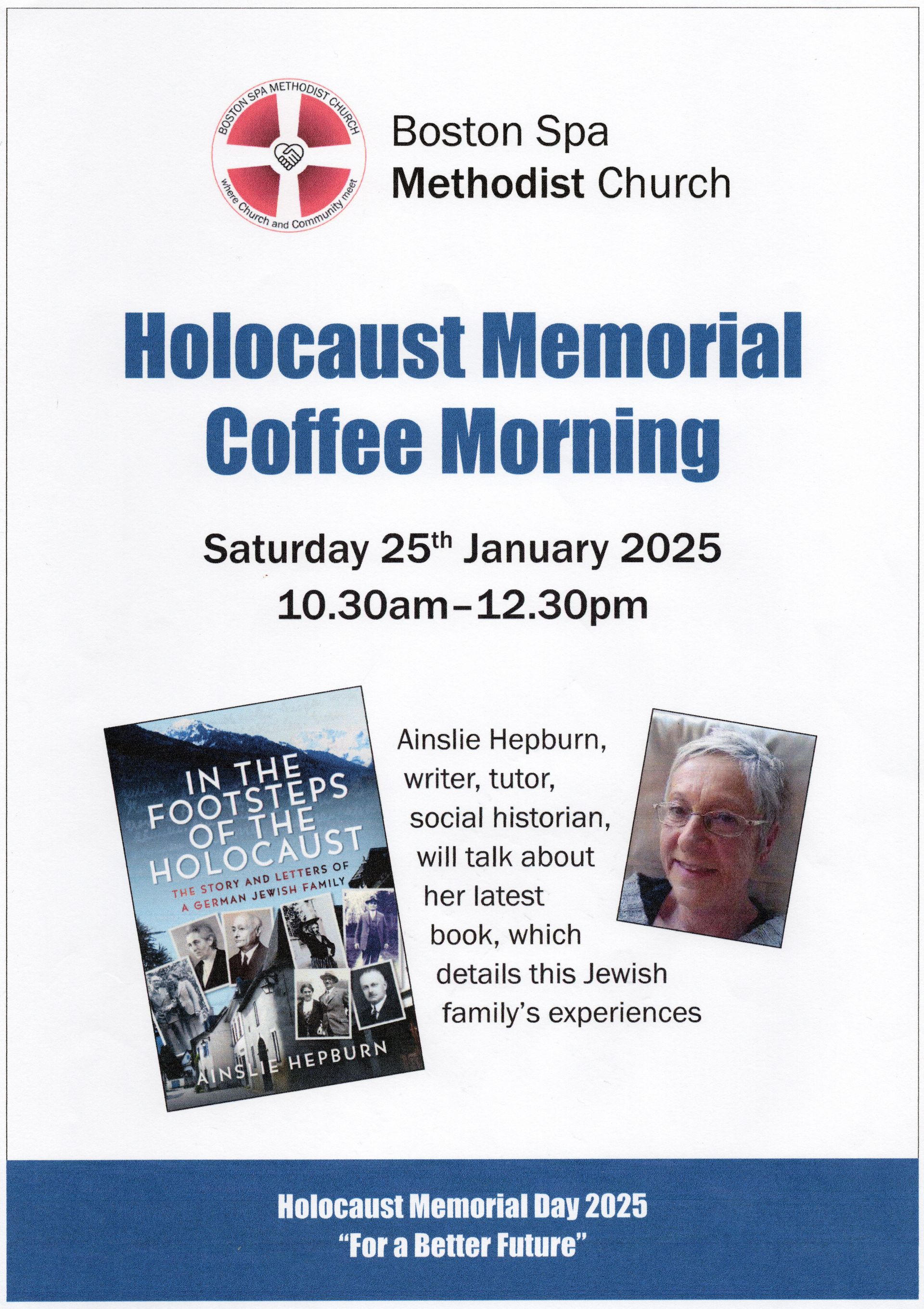
Eighty years ago, on 27 January 1945, soldiers from the Allied armies entered Auschwitz and were confronted with horrific scenes of brutality, degradation and death that had hitherto been unknown on such a huge scale. Humanity had reached a new nadir.
The people who were incarcerated in Auschwitz, and all those who were victims of its killing machine, were individuals who had once each built a home, created a family, enjoyed fulfilling work and professional relationships, and encouraged and inspired their communities. They had valued and cherished those lives that the Nazis had forced them to leave, and they had been heart-broken leaving precious friends and family members, and walking away from what had once been vibrant and joyous lives. For them, the future looked bleak, uncertain and unpredictable – and that is what it turned out to be.
When the Second World War eventually came to an end in Europe, in May 1945, people had to come to terms with what had happened, and what places like Auschwitz had shown was possible. For a long time, there was silence – and often denial – from many people in many countries. Very gradually (and often at the insistence of young people), individuals, and leaders of countries, realised that they had to face what had happened in their past, and try to find a way to a better future. What might that future look like?
Remembering what had happened, and recognising and respecting the people and communities that suffered during that time, was (and remains) a good starting point. In many places in Germany, local people have worked to discover, for example, as much as they can about the people who once created the vibrant communities in their towns and cities. Memorials have been designed, 'stumbling stones' have been laid, remembrance events arranged – and these continue today.
Restoring memory, engaging empathy and action, and ensuring a commitment to the future is an ongoing memorial to those communities. Because we need to be active in our remembering if we wish to be vigilant against evil.
For this, it is also crucial that young people are involved in civic life so that their communities and nations do not lose their memory and so repeat the horrors of the past. If we want a better future, we all need to actively and critically engage with the past. This remembering and engagement must then inspire us to address the present. In actively making a better present, we sow the seeds of a better future and work towards its creation. Currently, this is vitally necessary for everyone in every country on earth.
(picture shows the poster for my Holocaust Memorial Day talk - you are most welcome to come!)
